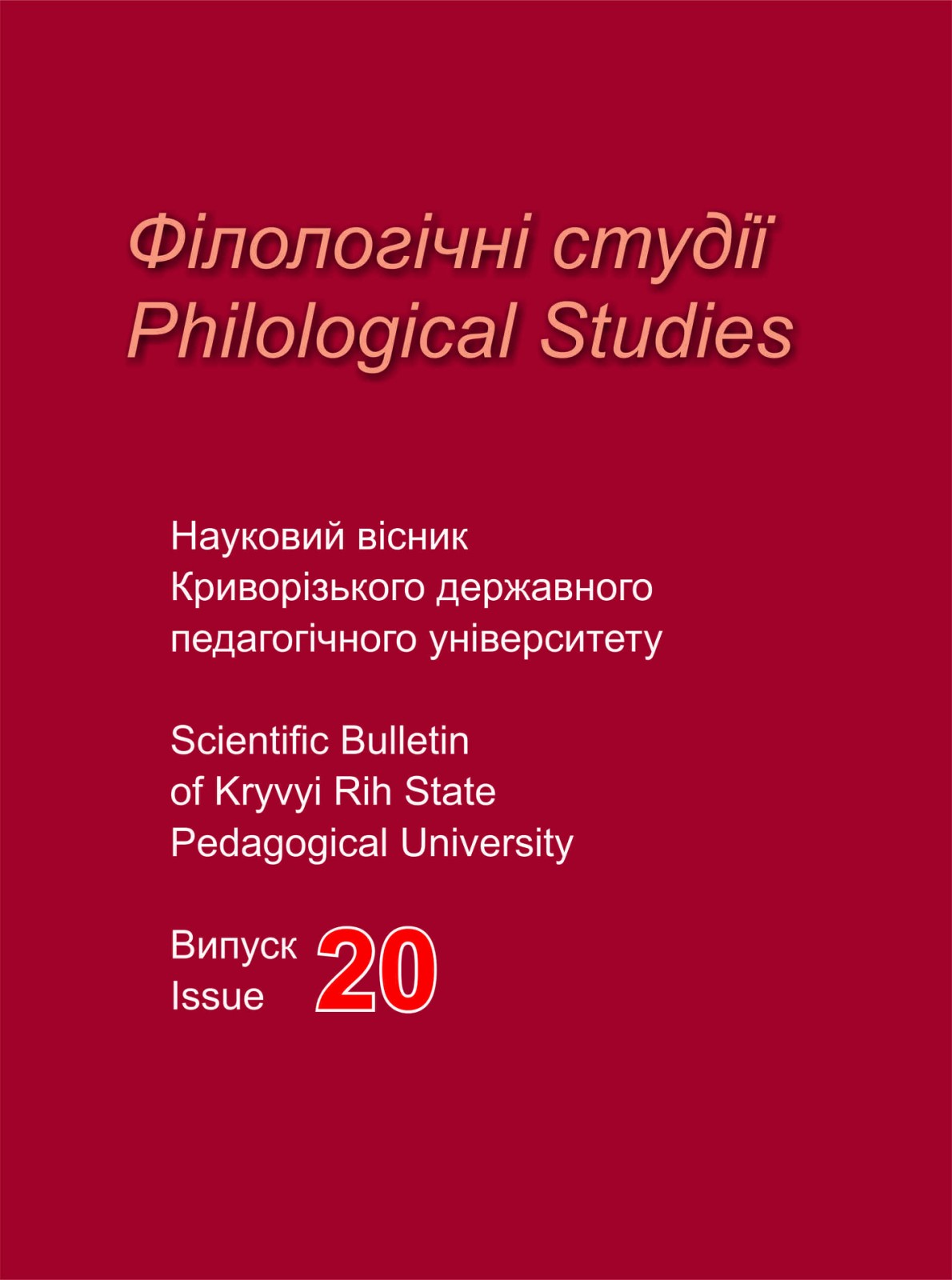Language clichés in the media world view
DOI:
https://doi.org/10.31812/filstd.v20i0.3694Keywords:
mass communication, media world view, information space, language cliché, structuring, media imageAbstract
The article analyzes the role of language clichés in structuring the information fragments of reality and the conceptualization of information in the modern media discourse. The language of media communication is conceptualized in the context of global cliché, because due to the multi-vector information scope, the world is losing its national borders and has no restrictions in time and space. The life of the modern information society is characterized by the accelerated pace of developing systems and mass communications, the technocratic approach to improving the means of producing and distributing the information, applying new information technologies. The diversity of organizing the forms of the world information space, the ways of information flows, the state of the information environment, the mechanisms and methods of distributing misinformation and the hybrid information wars, the development of global and national information security problems give rise to new stereotyped products that have their own discursive representation. Linguistic forms of information processes accordingly create the media image of modern reality and the information world view.
Templates, standardization, and clichés are the characteristics of the modern national media discourse. Language clichés act as the constructs of the media space. Performing a regulatory function, such linguistic units structure the national language information world view and produce the mass-media image of the Ukrainian society. The interpretation of real events with the presentation of template fact-comments creates the fragments of the media world view, transforming the means of clichéd structures with information flows into ideological stereotypes.
Metrics
References
Володина М.Н. Язык СМИ –основное средство воздействия на массовое сознание. Язык СМИ как объект междисциплинарного исследования. Москва, 2003. С.14–18.
Добросклонская Т.Г. Вопросы изучения медиатекстов: Опыт исследования современной английской медиаречи: монография. 4-е изд. Москва: КРАСАНД, 2013. 288с.
Жайворонок В.В. Українська етнолінгвістика. Київ: Довіра, 2007. 262с.
Золотых Л.Г. Когнитивно-дискурсивные основы фразеологической семантики (на материале русского языка) : автореф. дисс. ... д-ра филол. наук: 10.02.01. Белгород, 2008. 45с.
Колоколова А.О. Номінація країн як засіб концептуалізації знань про світ в українській публіцистиці ХХ –початку ХХІ ст.: автореф. дис. ... канд. філол. наук: 10.02.01. Харків, 2011. 16с.
Павиленис Р.И. Проблема смысла: Современный логико-философский анализ языка. Москва : Мысль, 1983. 286с.
Потебня А.А. Мысль и язык. Киев : СИНТО, 1993. 192с.
Рогозина И.В. Медиа-картина мира: когнитивно-семиотический аспект: монография. Москва–Барнаул, 2003. 289с.
Шарманова Н.М. Комунікативно-прагматичний потенціал кліше в українському медіапросторі. Studia ukrainica Varsoviensia 3. Warszawa: Uniwersytet warszawski, 2015. P.213–225.
Яворська Г.М., Богомолов О.В.Непевний об’єкт бажання: ЄВРОПА в українському політичному дискурсі: монографія. Київ: Видавничий дім Дмитра Бураго, 2010. 136с.
McLuhan M. Understanding Media : Extensions of Man. London: Routledge, 1994. P.134.






